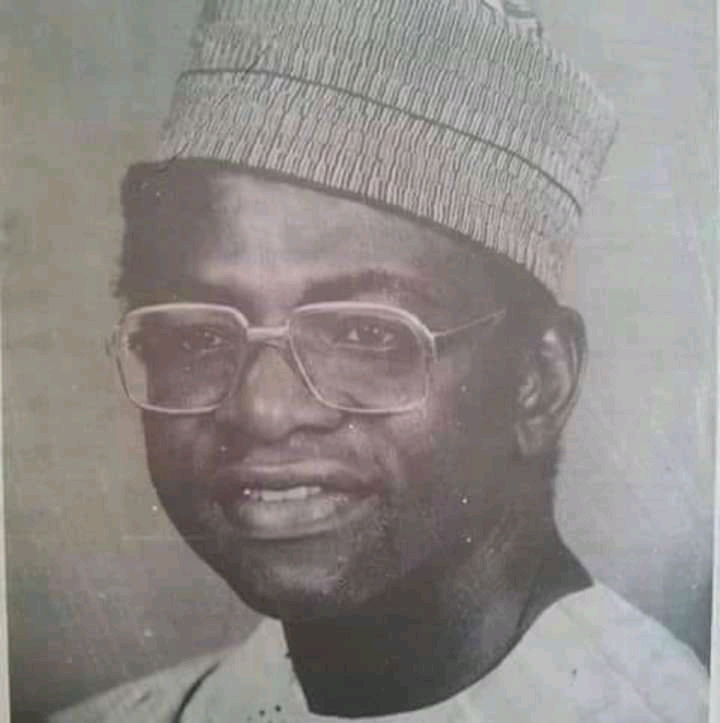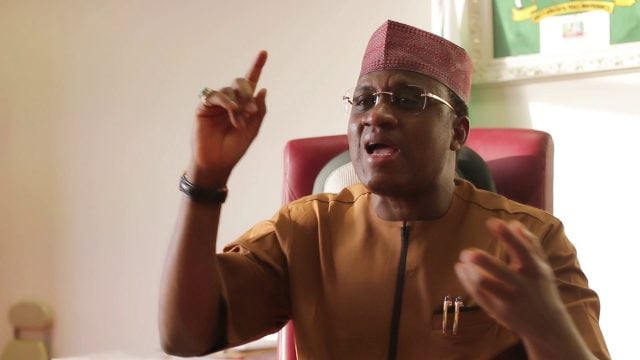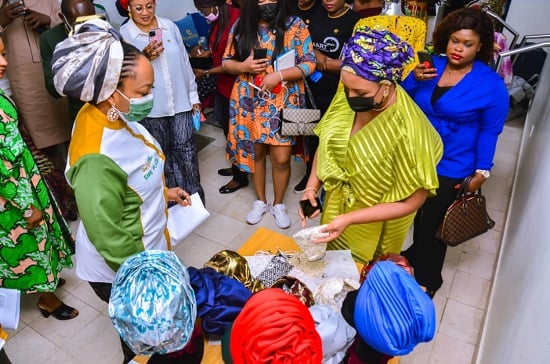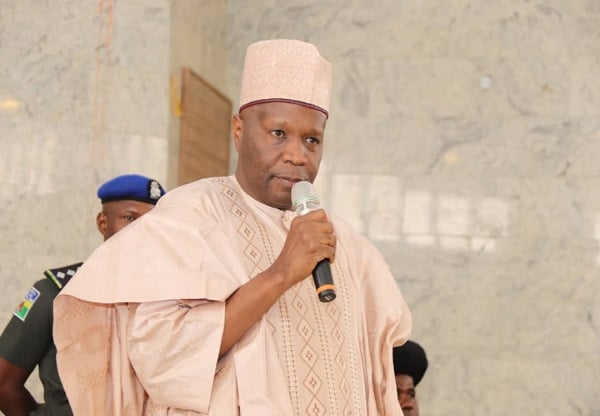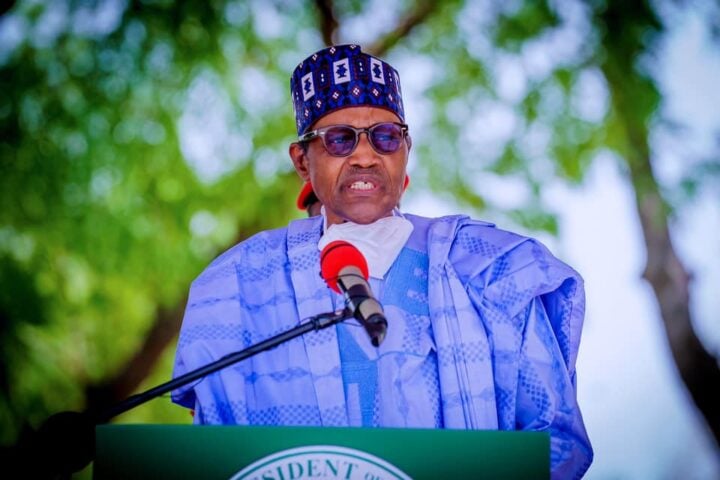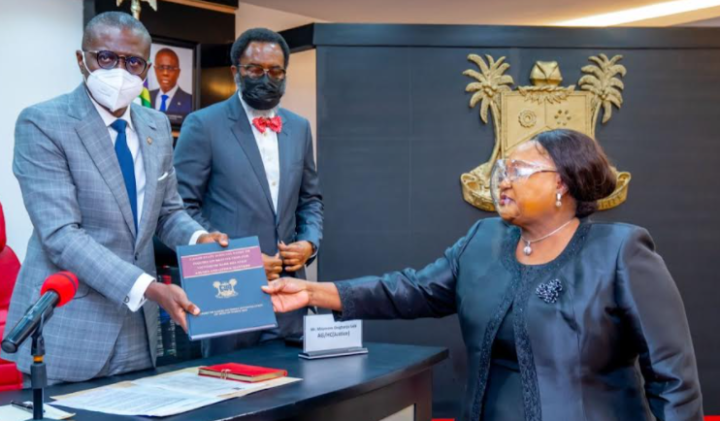BY AMINU GANDA
Shehu Kangiwa was the first elected governor of Sokoto state holding office from October 1979 to November 1981, representing the National Party of Nigeria (NPN) in the second republic. Shehu Kangiwa’s administration was short-lived but his successes by far outweighed his short term in office. In his effort to make Sokoto state the centre of hospitality and attract tourism, he established Giginya five-star hotel within the Sokoto metropolis.
When Giginya Hotel was completed in 1981 it was the first of its kind in north-western Nigeria and among the best hotels in the country. In order to develop and promote the Argungu Fishing Festival and also make it attractive and colourful, Kangiwa established a grand fishing hotel in Argungu town. To this day, it is the only standard hotel built by any administration for the purpose of the annual grand fishing festival.
Shehu Kangiwa also established Gusau Hotels to promote the growing number of businesses in the old Zamfara region as a result of textile industries and other agricultural products coming from Bakalori Dam irrigation facilities. Shehu Kangiwa recognised the need for the development of technical education in Sokoto state. To this end, he established and equipped four technical colleges in Runjin Sambo, Durbawa, Gusau and Mafara. He also established four vocational training centres in Bunza, Ambursa, Wasagu and Tondi Yauri. It is sad to mention that none of these vocational training schools is functional today.
Advertisement
Shehu Kangiwa maintained a free education policy for all Sokoto state indigenes. Our primary and secondary schools were well equipped with expatriate teaching staff in some schools. Boarding schools were full of sporting events and competitions. The state government ensured students were given everything; from uniforms to textbooks.
Students were given transport fare to their various local governments during holidays. As a governor, Kangiwa was not known for throwing money on the streets for his praise singers to pick, nor was he known for junketing around the country in chartered aircraft at the expense of the state’s meagre resources. Rather, he was known for his humility, financial discipline and ability to deliver on his campaign promises
In the promotion and development of commercial activities, Kangiwa established Sokoto Investment Company and Sokoto Co-operative Bank. He also built and equipped the Sokoto State Library with updated educational resource materials. Today, both the investment company and co-operative bank are nonexistent, while the state library has been left with outdated, archaic and dilapidated infrastructures.
Advertisement
In the area of environmental sanitation and hygiene, Kangiwa discouraged and worked to eradicate open defecation by building nineteen public toilets in the Sokoto metropolis. Today, there is not a single public convenience in Sokoto. It is therefore very common to see people defecating openly in the city centre because of the absence of public toilets.
In order to promote local industries that the needed raw materials were directly sourced within Sokoto state and provide jobs for the youth, Kangiwa established Sokoto Rice Mill, Sokoto Foam factory, Tamba Animal Feeds, Sokoto Modern Bakeries, Sokoto Ceramic Factory and Sokoto Tannery. All these companies were fully operational during the administration of Shehu Kangiwa. The companies were making profits and generating employment for the greater benefit of the people of Sokoto state. Today, none of these companies are working. They are all history!
Late Shehu Kangiwa had lofty dreams for the former Sokoto state. For instance, as a former federal permanent secretary, he lobbied the federal government under Shehu Shagari to invest in Sokoto state as a result of which a steel melting plant was to be constructed in Sokoto by the federal government and a site was proposed at Bodinga local government. In fact, the Giginya Hotel and the high-class blocks of residential flats which were later turned into Shehu Kangiwa Secretariat in Sokoto were constructed by the state government to provide conducive accommodation and leisure facilities for the foreigners (Koreans) who were to be contracted for the construction of the steel plant. Unfortunately, when he died, the proposal fizzled away.
Furthermore, at his bidding, the federal government planned to build a national women and children’s hospital in Sokoto for which a large site extending between Kwana Mazuru- Shagari and Kwana Mazuru- Lambar Yabo federal highway was set aside and even fenced, once again, the proposal died along with him.
Advertisement
Kangiwa had high dreams for the modernisation of the state and the upliftment of the standard of living of the people of the state, unfortunately, his creator took him away. Since his death, the former Sokoto state and indeed the three successor states — Sokoto, Kebbi and Zamfara — have been accursed and deprived of good leadership.
Apart from the lack of meaningful developmental projects by the subsequent leadership of the three states, they do not care to canvas and pressure the federal government to site any project in the states. Apart from the Sokoto- Rima Basin which has its headquarters in Sokoto, there is no other major federal agency in the three states. To make things worse, the sub-zone is the only one of its kind in the country without a dual carriageway.
The old Zaria-Kaura Namoda narrow gauge railway line is now moribund and virtually dead, yet the three states which have the longest stretch of international boundary are completely left out of the current railway modernisation programme. Every meaningful project for the north-west is always sited in Kaduna or Kano and in the event, these two states are skipped, then Katsina state takes it, yet the governors do not have the clout to protest.
Our situation would have been different with Shehu Kangiwa. It was Shehu Kangiwa who established the government printing press, where exercise books were printed and distributed free for all students in primary and secondary schools. All these achievements were recorded within two years of Shehu Kangiwa’s administration. You begin to imagine what Sokoto state would have become if Kangiwa had spent eight years as the governor.
Advertisement
For the people of Sokoto state, the death of she/he Kangiwa was a double tragedy. First, we lost a governor with a plan and a political will to develop the state. Then we failed to find his replacement thirty-nine years after his death. Within twenty years of democratic rule, the old Sokoto state, which comprises Kebbi, Sokoto and Zamfara have produced no fewer than ten elected governors — four in Zamfara, three in Sokoto and three in Kebbi state. Yet all of them could not equal the achievements of Shehu Kangiwa. The duo of them, brazen as they are, cannot deny it. Leaving us with a situation, where one is greater than ten. We now have charlatans in office whose greatest achievement as elected governors are their ability to pay civil servants their monthly salaries.
I could recall in Form-Two at Government College Sokoto, now Nagarta College in 1980, when one afternoon during our lunchtime we saw our no-nonsense principal running towards the cafeteria with his cap in hand. The news quickly spread across that Kangiwa was coming to have lunch with the students. As we fell in line to collect our meals, I noticed the governor was standing directly behind me wearing a tracksuit. He collected his meal, sat with the students and ate. That day the dining hall which used to be noisy was as quiet as a graveyard because everybody was afraid of the principal and not the governor. The principal was visibly nervous when the governor started interacting with senior students asking them questions. Such was his style.
Advertisement
He moved around the state freely monitoring and supervising the activities of every ministry. The present governor of Borno state, Ummara Zulum is a replica of Shehu Kangiwa’s style of leadership. It is our hope that the governments of Sokoto, Kebbi and Zamfara will see reason to start organising an annual lecture in honour of Shehu Kangiwa, to keep his legacy alive for future generations to study and learn.
On November 17, 1981, Sokoto lost one of its finest politicians during a polo game in Kaduna. We remembered him today not only for the development he brought to bear in our dear state but also for the difference he made. Kangiwa became a yardstick for measuring successive administrations in Sokoto state.
Advertisement
As he continues to rest in peace, the miracle of his two years of administration is still here with us. It was the late Sani Aliyu Dandawo who said it all in his song: “Sokoto duk gwamnatin da an kayi. Anyi tane kawai. Ba a yi irin ta kangiwa ba“, meaning; ‘In Sokoto, no administration is comparable to that of Kangiwa’.
Ganda writes from Sokoto and can be reached via [email protected]
Advertisement
Views expressed by contributors are strictly personal and not of TheCable.
Add a comment
